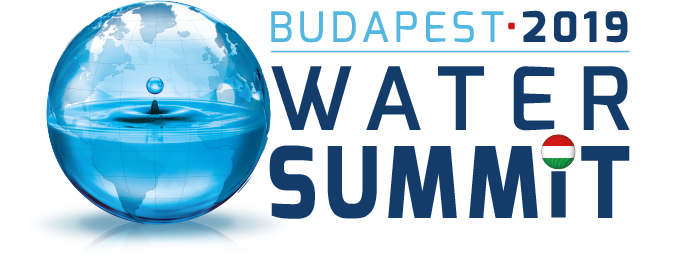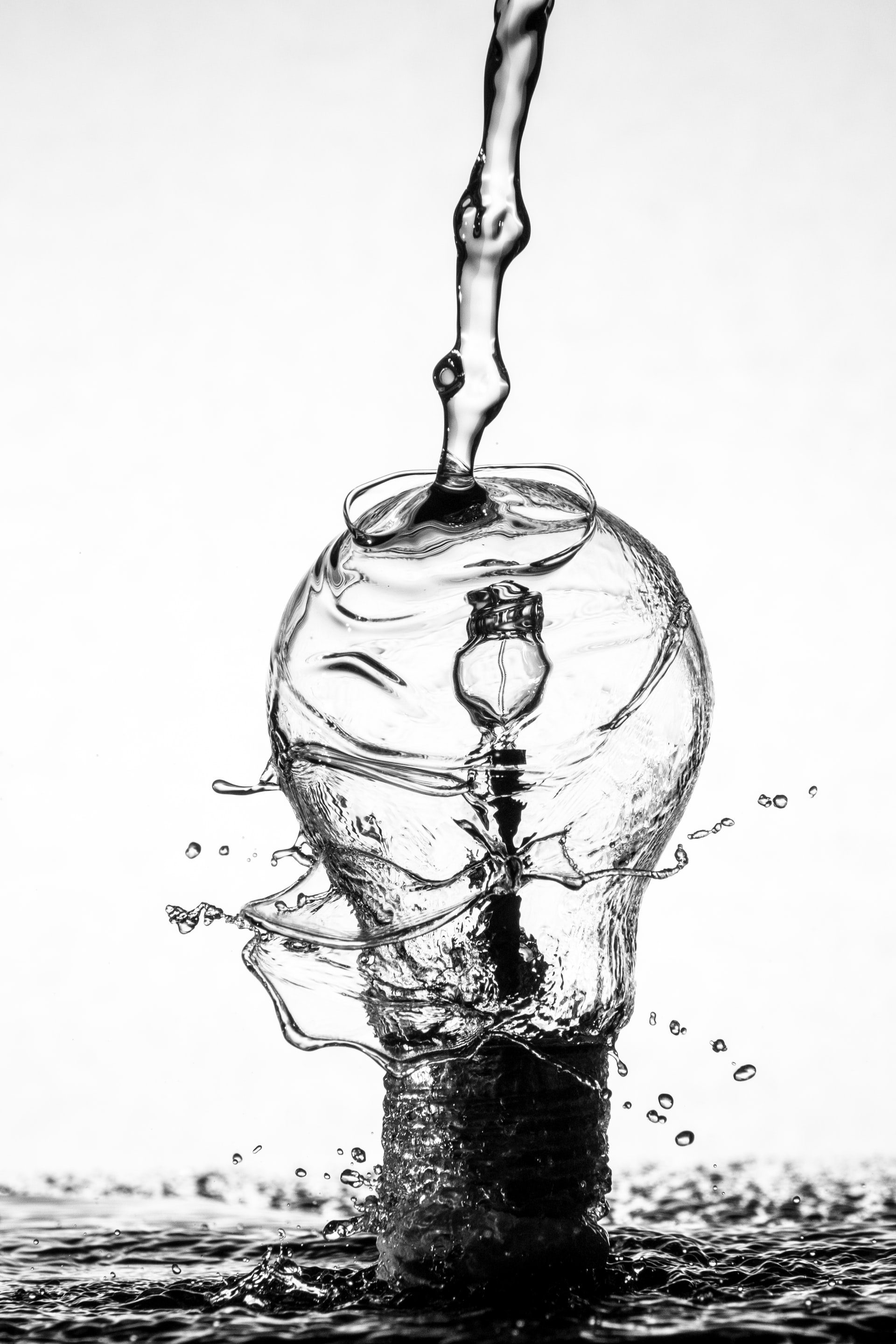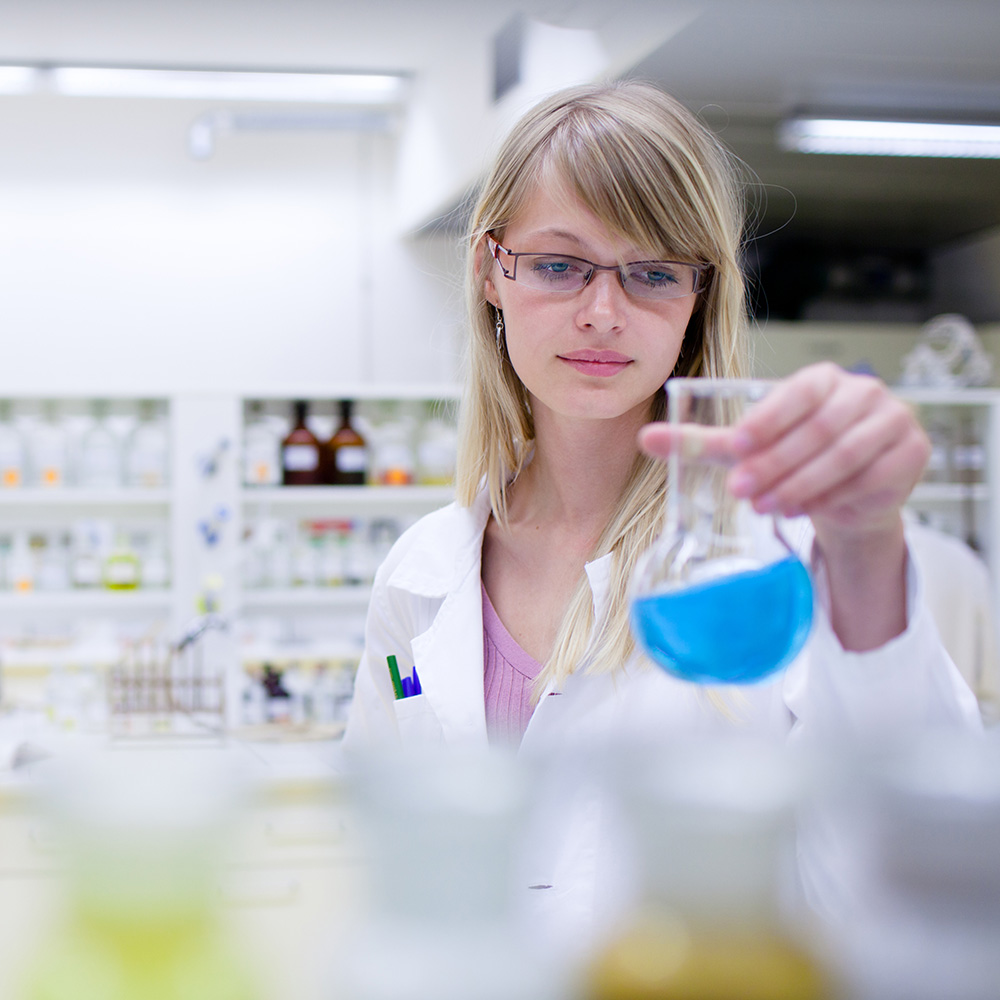Water matters, mainly in our nearly future, and experts say this century is the century of waters. Flooding, dry soil, extreme weather, untreated sewage…so many challenging circumstances but Hungarian water industry experts have numerous solutions. Let’s look around their innovations.
Hungary is well-known all around the world as a “water superpower”, partly because of the country’s territorial features (the 5th largest thermal water reserve in the world with the value of geothermal gradient being 50% higher than the global average), partly its water utility traditions and mostly famous for innovations for sustainable development.
This heritage is not only a benefit and a potential for the country but also a responsibility: to manage these precious resources sustainably and safeguard them for future generations. On the other hand, the Hungarian water experts possess an outstanding professional and innovative knowledge, which have been known and recognized all around the world.

The importance of water has come to the forefront of the Hungarian government’s attention and it’s worth mentioning that Budapest Water Summit was held three times(2013, 2016, and 2019) in the last decade . Following the 3rd summit, the UN published a report with the title Making Every Drop Count, that states the following “Water is the wellspring of not only life but also of sustainable development and of the peace of our civilization.” Let’s find out more about how Hungarian water industry innovators have contributed to this ethos in the past few years.
We begin our journey in the Netherlands, where the Biopolus BioMakery designed by Hungarian experts was officially opened by Dom Bernardus at the Koningshoeven Abbey & Brewery. This ecological water purification system purifies the wastewater of the Trappist Abbey based on the interaction between micro-organisms in the wastewater and micro-organisms on the roots of plants that are part of the treatment plant.
The other side of this profession is to handle the water crisis in agriculture, which affects at least 1/3 of the world. Furthermore, only 2.5% of the Earth’s water reserve being fresh, and about two-thirds of that inaccessible to us. Water & Soil Ltd.'s Water Retainer organic soil conditioning product can help reduce irrigation water use in Tunisia, Ghana, and India. Water&Soil’s conditioner not only prevents waste of water, but it also multiplies its beneficial effects. It protects and gives new life to the soil, and in turn, to plants and products that are essential to our survival.

Regarding soil development, some places with difficulties need help for people to live there. The main goal of the GeoGold Kárpátia Kft. is to prepare a feasibility study called Water research with innovative hydrogeological methods in the Ngorongoro district of Northern Tanzania. The Hungarian geologists and geophysicists are invited by the Help for the Maasai Foundation to carry out geological and hydrogeological mapping in 3 sites. They took and analyzed water samples where it was possible and conducted electromagnetic geophysical surveys resulting in data that they send to mark two potential locations for drinking water wells. This research helps the future project of planning the drinking water supply infrastructure.
The Hungarian Dry Andean Research Program was set up to build the Permachile water base monitoring system in the Andes. The goal of the Hungarian expedition series is to monitor the long-term environmental changes on the field in the Ojos del Salado area, which represents well the high-altitude mountain blocks in the Dry-Andes region. The goal of Dr Balázs Nagy and his team is to discover the effects of global warming in the highest desert and tundra areas of the Earth with a particular focus on the changes in water and ice presence.

These are only a few examples of successful Hungarian water industry innovations but if you want to find out more or even interested in a career in this field, you should definitely check out the relevant study programmes in Hungary. You can study Agricultural Water Management Engineering and Hydrobiology- Water Quality Management at the University of Debrecen, Hydrogeological Engineering at the University of Miskolc or Environmental Sciences at Szent István University.
Our Alumni Network Hungary volunteer Sarkhel Hawre earned his master’s degree in the Hydrogeological Engineering field at the University of Miskolc and now he’s a researcher at the University of Sulaimani. Through his work, he has visited water treatment plants in his home region, and he’s also working in finding groundwater using satellites and ground data in the remote area to save time and cost. Should you have any questions about his experience, don’t hesitate to ask him anytime!